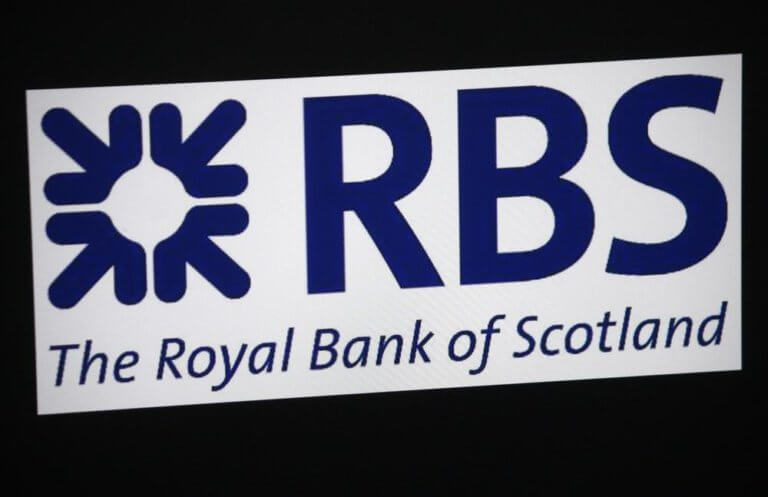Image Source: Unsplash
Hiring the right bookkeeper can make a significant difference to your growing business.
They not only keep your finances in order but also provide crucial insight that helps drive decision-making and growth. But, finding the perfect fit requires more than just glancing at a resume. It’s about finding a candidate with technical skills and industry experience.
In this guide, we’ll explore the ten critical factors you should consider when hiring a bookkeeper, from relevant skills and experience to communication abilities and attention to detail. Armed with this knowledge, you’ll be well-equipped to make an informed choice.
10 Important Things to Look for When Hiring a Bookkeeper
Hiring the perfect bookkeeper for your business isn’t an easy task, but it doesn’t have to be complicated, either. Here are 10 important things to look for when hiring a bookkeeper.
1. Relevant Skills
When examining a bookkeeper’s resume, it’s crucial to look out for relevant skills. You should identify proficiency in accounting software like QuickBooks. Familiarity with payroll operations, managing accounts, and experience with financial reporting are key traits for bookkeeping.
2. Experience
Experience comes at a premium when you’re hiring a bookkeeper for your business. They should have an extensive background working with enterprises similar to yours, combined with practical knowledge to best understand your unique financial needs and nuances.
3. Certified vs. Non-certified
Certification isn’t a must-have when hiring a bookkeeper, but it does add a layer of credibility and assurance. Those who have gained certifications demonstrate their dedication and in-depth knowledge of the field. However, never discredit non-certified bookkeepers with experience.
4. Communication Skills
Your bookkeeper needs to articulate complex financial data into comprehensible reports and discussions. This allows for efficient, transparent conversations about your business’s financial standing and future projections, driving well-informed decision-making regarding payroll.
5. Attention to Detail
When it comes to bookkeeping, attention to detail is paramount. A good bookkeeper takes nothing for granted, as even the smallest financial discrepancies can trigger issues later. Rigorous accuracy reduces errors, saving you time and potential legal implications.
6. Organization Skills
A bookkeeper’s organizational skills are vital as they will be handling multiple accounts and transactions concurrently. They should have the ability to manage, prioritize, and track financial details without losing accuracy, ensuring that your business’s finances remain orderly.
7. Reference Checks
Don’t overlook the importance of reference checks when hiring a bookkeeper. A candidate’s past employers can provide important insight into their professional ethics, work habits, and aptitude for handling financial matters. This feedback can be instrumental in your final decision.
8. Ongoing Education and Training
A bookkeeper’s commitment to ongoing education and professional development indicates their dedication to maintaining knowledge. Whether through formal education or informal training, this willingness to sharpen their skills will increase the value they bring to your business.
9. Confidentiality Level
Confidentiality is a pivotal consideration for any bookkeeper. As they have access to sensitive financial information, it’s essential to ensure the candidate has demonstrated responsible handling and respect for confidential information. Trust, in this case, is non-negotiable.
10. Personal Traits
Beyond technical competencies, the right bookkeeper should display essential personal traits like reliability, integrity, and dedication. These characteristics are fundamental in ensuring smooth long-term working relations and the successful completion of essential tasks.
In Conclusion…
Now that you’re armed with these crucial insights, it’s time to start the search for your ideal bookkeeper. Remember, every business has unique needs, and the perfect candidate for you might be different from what another business owner would deem suitable.
So, take your time, do your due diligence, and make a decision that aligns best with what your business requires. Trust in this process, and you are sure to find a competent bookkeeper who can provide instrumental support to your growing enterprise.
























